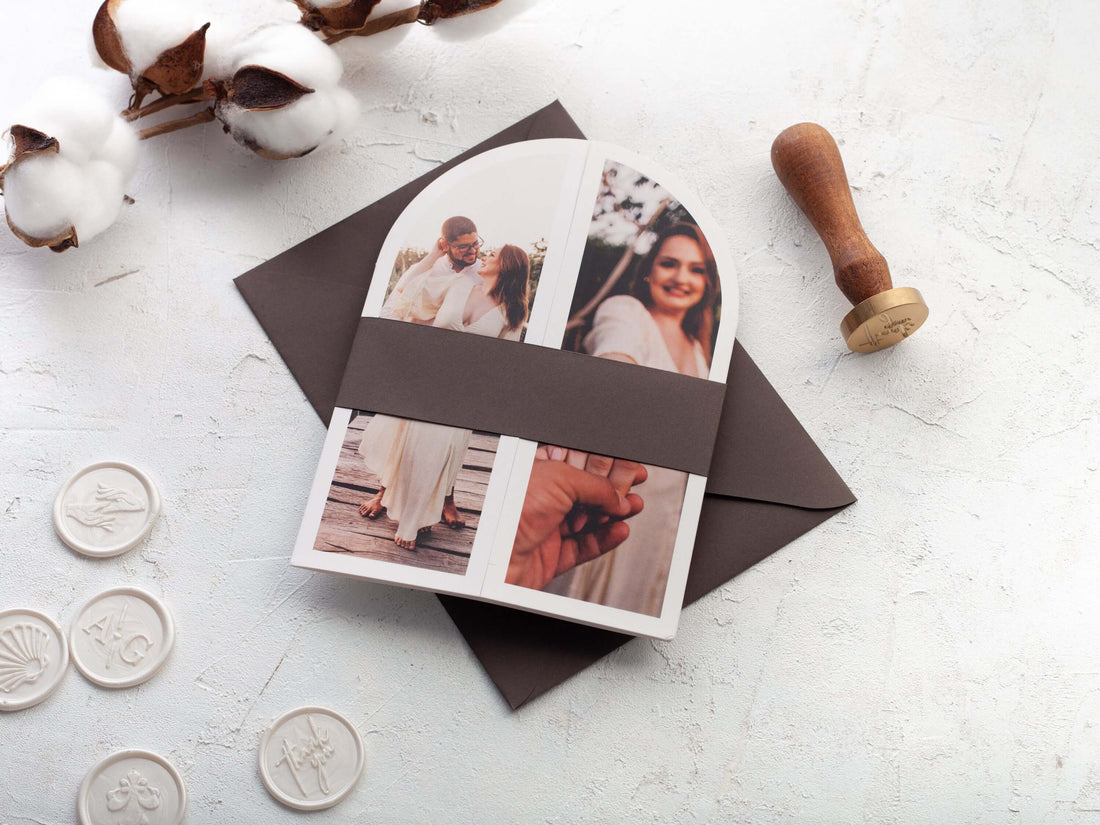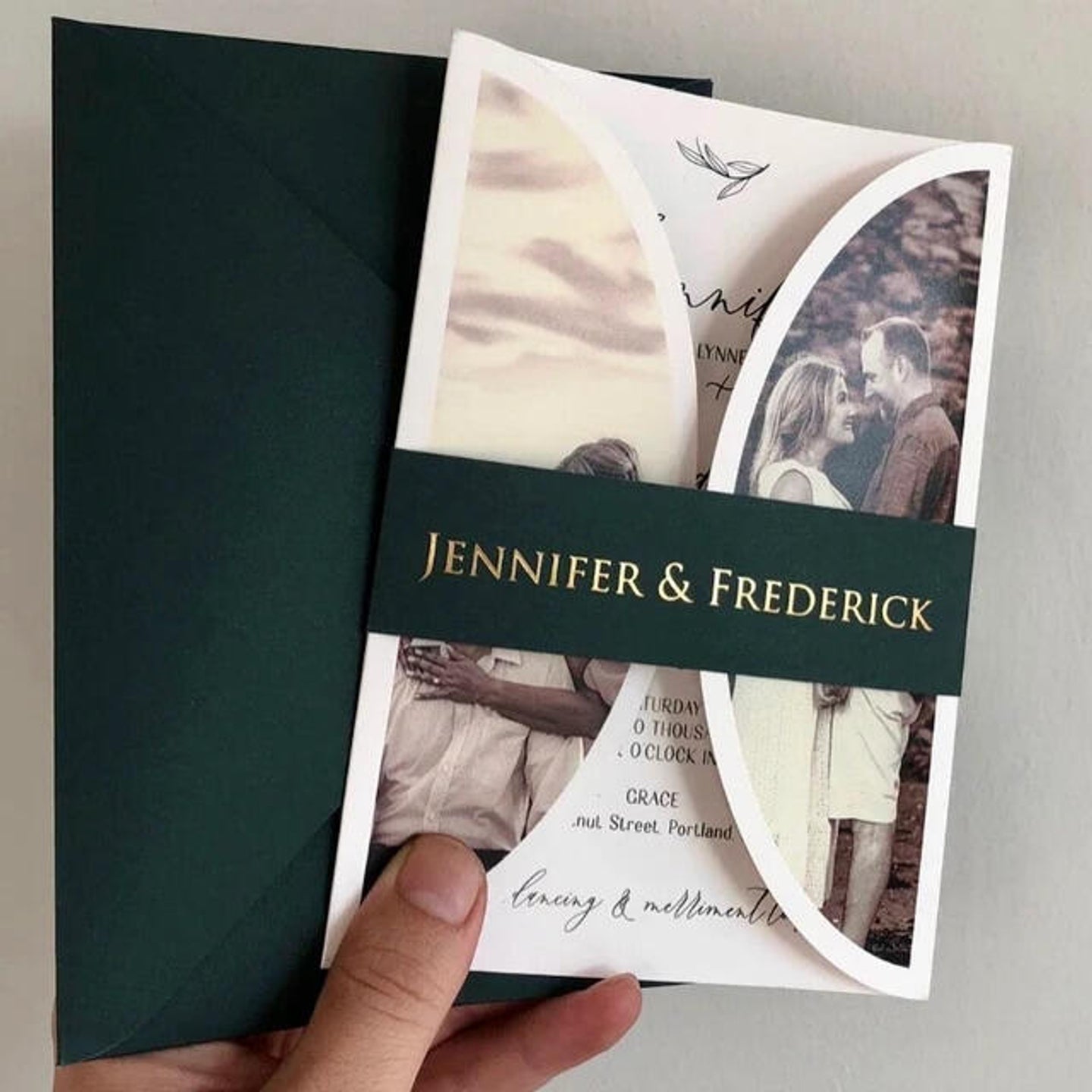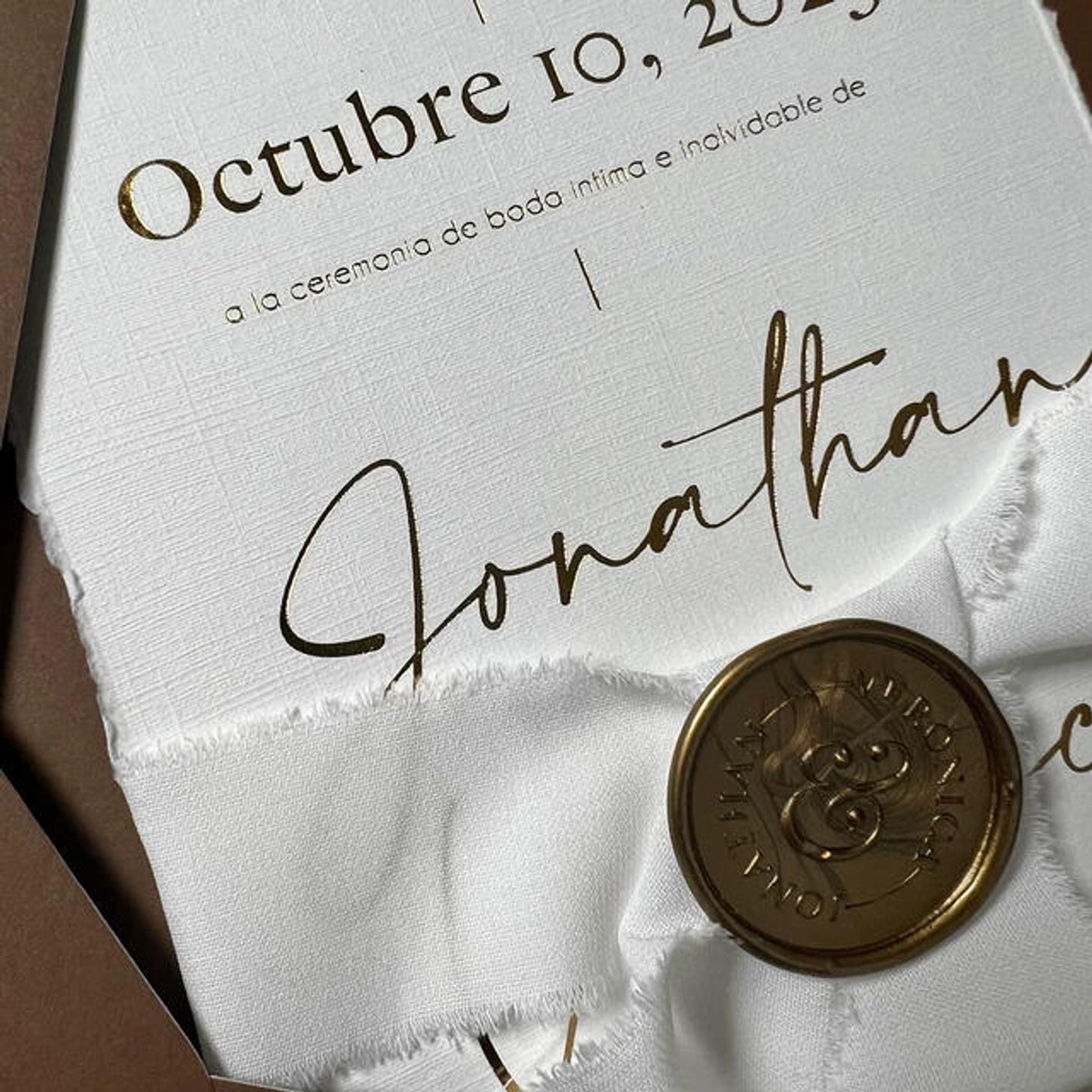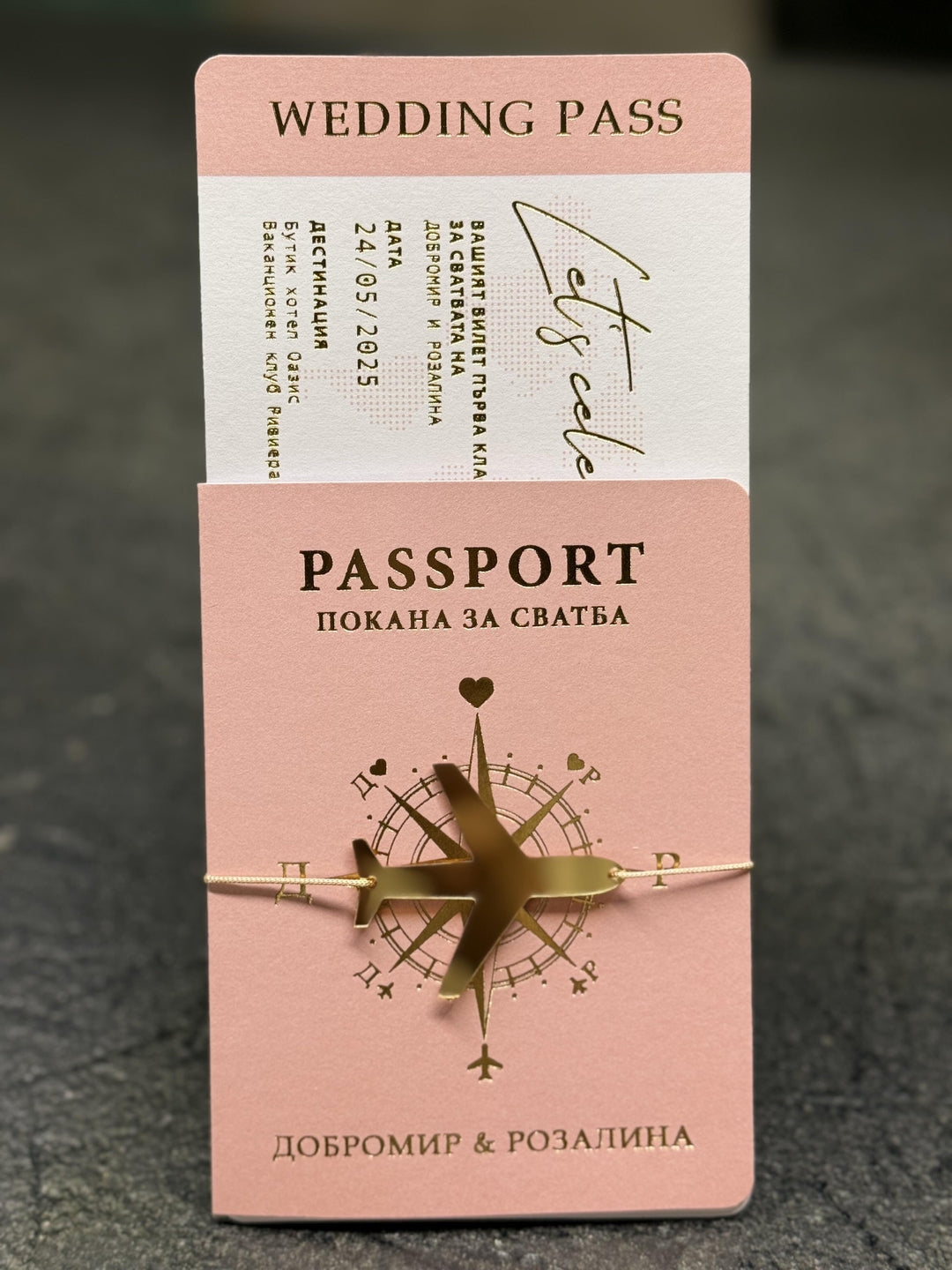
Wedding Budget 101: How to Set and Stick to a Realistic Budget
Share
Planning a wedding can be an exciting and joyous time, but it can also be a stressful and overwhelming experience, especially when it comes to managing your budget. Setting and sticking to a realistic budget is crucial to ensure that your special day is everything you've dreamed of without breaking the bank. In this comprehensive guide, we will walk you through the steps of setting a wedding budget that works for you and provide valuable tips on how to stay on track. So let's dive in and make your wedding planning journey a smooth and financially savvy one!
1. Understanding the Importance of a Wedding Budget
A wedding budget is a financial plan that outlines how much you are willing and able to spend on your wedding. It serves as a roadmap to guide your spending decisions and helps you prioritize your expenses. By setting a realistic budget, you can avoid overspending, reduce stress, and ensure that you have enough funds for all the essential elements of your big day.
2. Assessing Your Financial Situation
Before diving into the wedding planning process, it's crucial to assess your financial situation. Take a close look at your income, savings, and any other sources of funding you may have. Determine how much you can comfortably allocate towards your wedding without putting yourself in financial strain. Consider your long-term financial goals and make sure your wedding budget aligns with them.
3. Determining Your Wedding Priorities
Every couple has different priorities when it comes to their wedding. Sit down with your partner and discuss what aspects of the wedding are most important to you. Is it the venue, the food, the photography, or something else? By identifying your priorities, you can allocate a larger portion of your budget to those areas and make compromises in other areas that are less important to you.
4. Researching Average Wedding Costs
To set a realistic budget, it's essential to have an understanding of the average costs associated with weddings. Research the average costs in your area for various wedding elements such as venue, catering, attire, decorations, and entertainment. This will give you a ballpark figure to work with and help you make informed decisions when allocating funds.
5. Allocating Funds to Different Wedding Categories
Once you have a clear idea of your priorities and average costs, it's time to allocate funds to different wedding categories. Create a spreadsheet or use a wedding budgeting tool to break down your budget into categories such as venue, catering, attire, flowers, photography, and miscellaneous expenses. Assign a percentage or a specific amount to each category based on your priorities and average costs.
6. Tracking Expenses and Adjusting the Budget
As you start spending on your wedding, it's crucial to track your expenses and compare them to your allocated budget. Keep all your receipts and update your budget spreadsheet regularly. If you find that you are overspending in one category, look for areas where you can make adjustments to stay within your overall budget. Be flexible and willing to make compromises to avoid going overboard.
7. Tips for Sticking to Your Wedding Budget
Sticking to a wedding budget can be challenging, but with the right strategies, it's entirely possible. Here are some tips to help you stay on track:
- Set realistic expectations: Understand that you may need to make compromises and adjust your vision to fit your budget.
- Prioritize your spending: Focus on the elements that are most important to you and allocate more funds to those areas.
- Research and negotiate: Shop around for the best deals and don't be afraid to negotiate prices with vendors.
- DIY where possible: Consider DIY projects for decorations, favors, or even aspects of your wedding attire to save money.
- Keep an emergency fund: Set aside a portion of your budget for unexpected expenses or last-minute changes.
- Stay organized: Use a wedding planning checklist and budget tracker to stay organized and keep a close eye on your spending.
8. Frequently Asked Questions (FAQ)
Q1: How much should I budget for my wedding?
A1: The amount you should budget for your wedding depends on various factors such as your financial situation, location, and wedding priorities. On average, weddings can range from $15,000 to $50,000 or more. It's essential to set a budget that is realistic and manageable for you.
Q2: Should I include a contingency fund in my budget?
A2: Yes, it's highly recommendedto include a contingency fund in your wedding budget. This fund will serve as a safety net for any unexpected expenses or last-minute changes that may arise during the planning process. It's a good practice to allocate around 10-15% of your total budget for this contingency fund.
Q3: How can I save money on my wedding without compromising on quality?
A3: There are several ways to save money on your wedding without compromising on quality. Consider these tips:
- Opt for a non-traditional wedding venue, such as a park or a friend's backyard, which can be more affordable than traditional wedding venues.
- Choose a weekday or off-peak season for your wedding date, as prices tend to be lower during these times.
- DIY certain aspects of your wedding, such as invitations, decorations, or even the wedding cake.
- Shop around and compare prices for vendors and services to ensure you're getting the best value for your money.
Q4: Is it possible to have a beautiful wedding on a tight budget?
A4: Absolutely! With careful planning and creativity, it is possible to have a beautiful wedding on a tight budget. Focus on the elements that matter most to you and allocate your funds accordingly. Look for affordable alternatives, consider DIY options, and don't be afraid to think outside the box. Remember, it's the love and celebration that truly make a wedding special, not the price tag.
Q5: Should I hire a wedding planner to help with budgeting?
A5: Hiring a wedding planner can be beneficial, especially if you're feeling overwhelmed or unsure about budgeting. A professional wedding planner can help you navigate the planning process, provide valuable insights and recommendations, and help you stay on track with your budget. However, if hiring a wedding planner is not within your budget, there are plenty of online resources and budgeting tools available to assist you in managing your finances effectively.
9. Conclusion
Setting and sticking to a realistic wedding budget is essential for a stress-free and financially responsible wedding planning experience. By assessing your financial situation, determining your priorities, researching average costs, and tracking your expenses, you can ensure that your special day is everything you've dreamed of without breaking the bank. Remember to stay organized, be flexible, and make informed decisions along the way. With the right mindset and careful planning, you can create a memorable wedding that reflects your love and commitment, all while staying within your budget.
So, take a deep breath, grab your spreadsheet, and embark on this exciting journey of planning your dream wedding while keeping your finances in check. Cheers to a beautiful and budget-friendly celebration of love!






